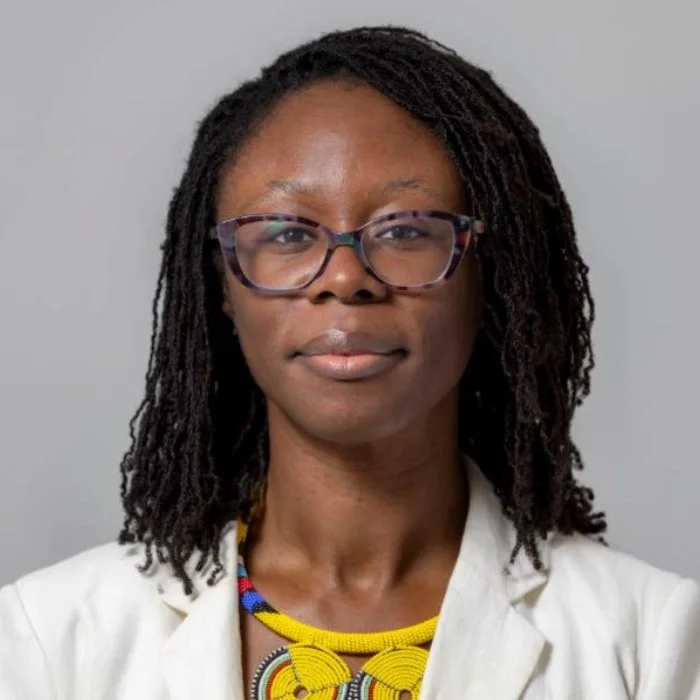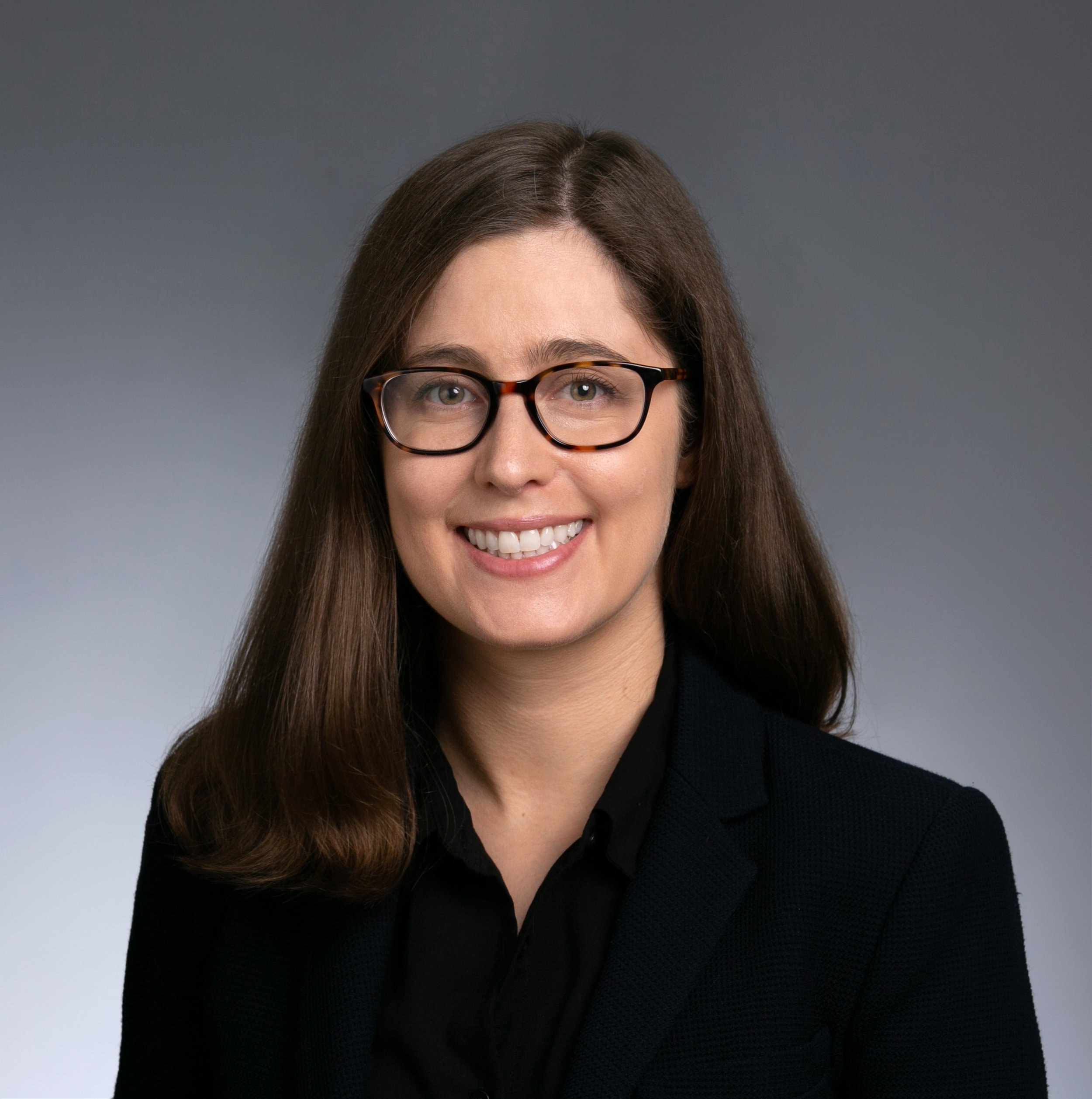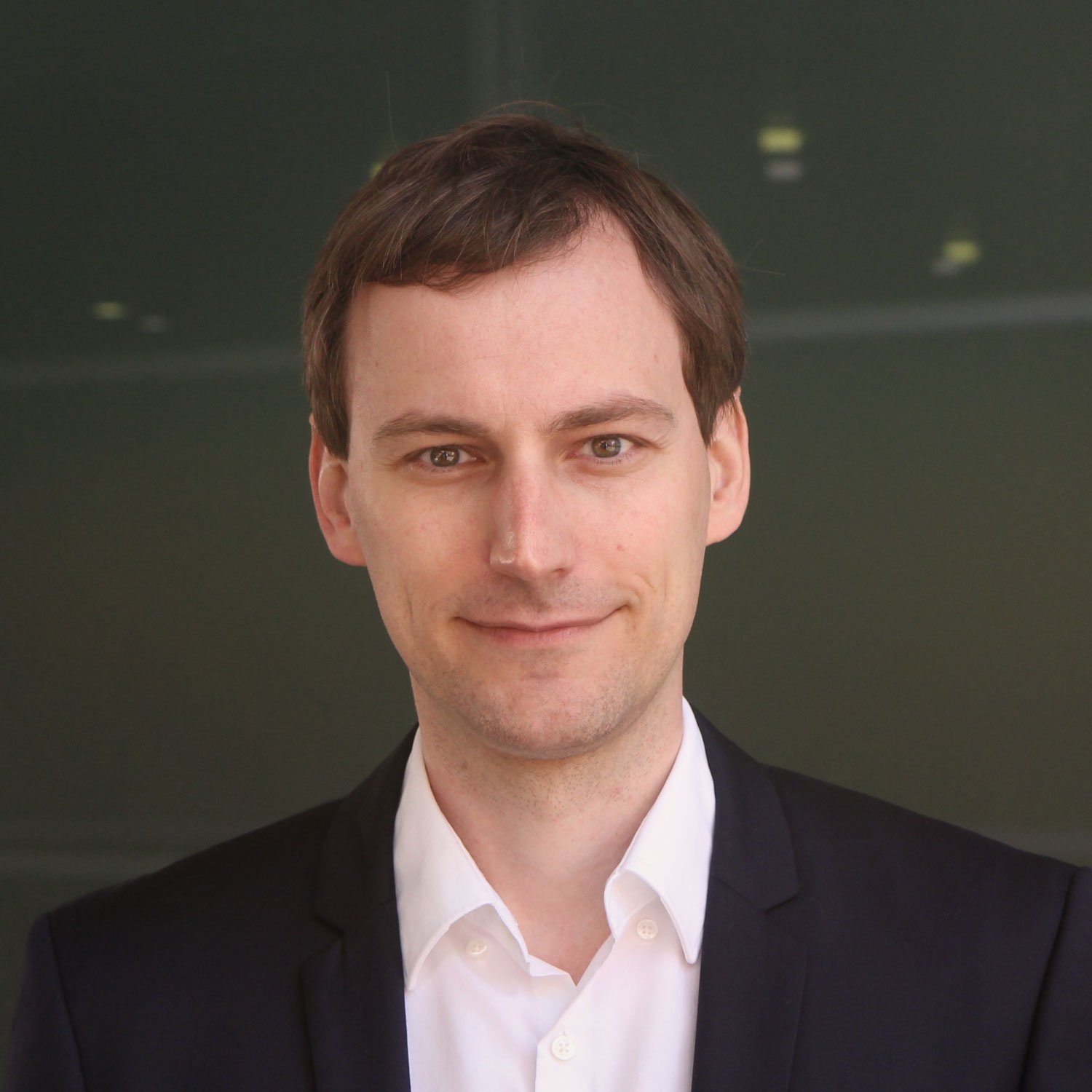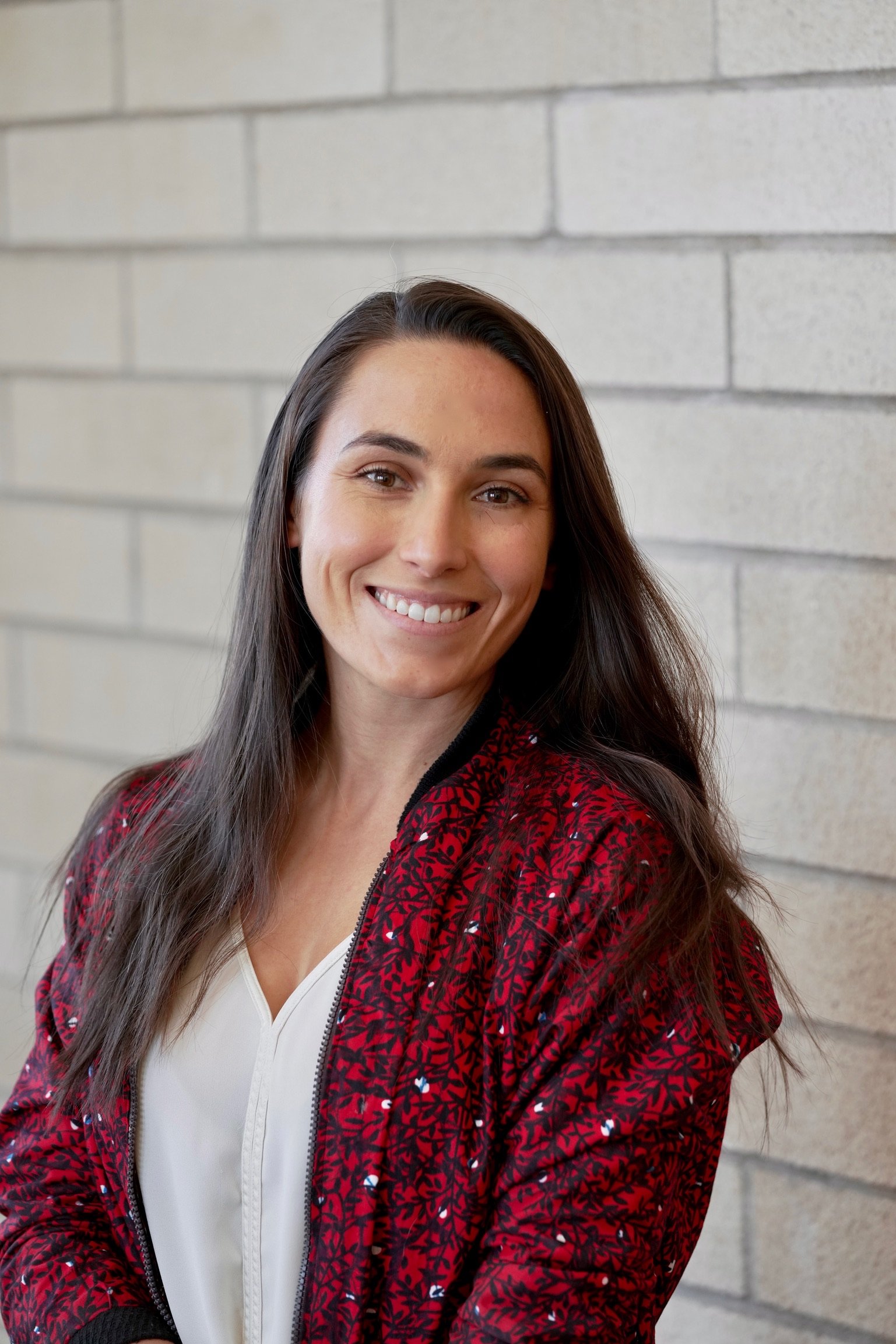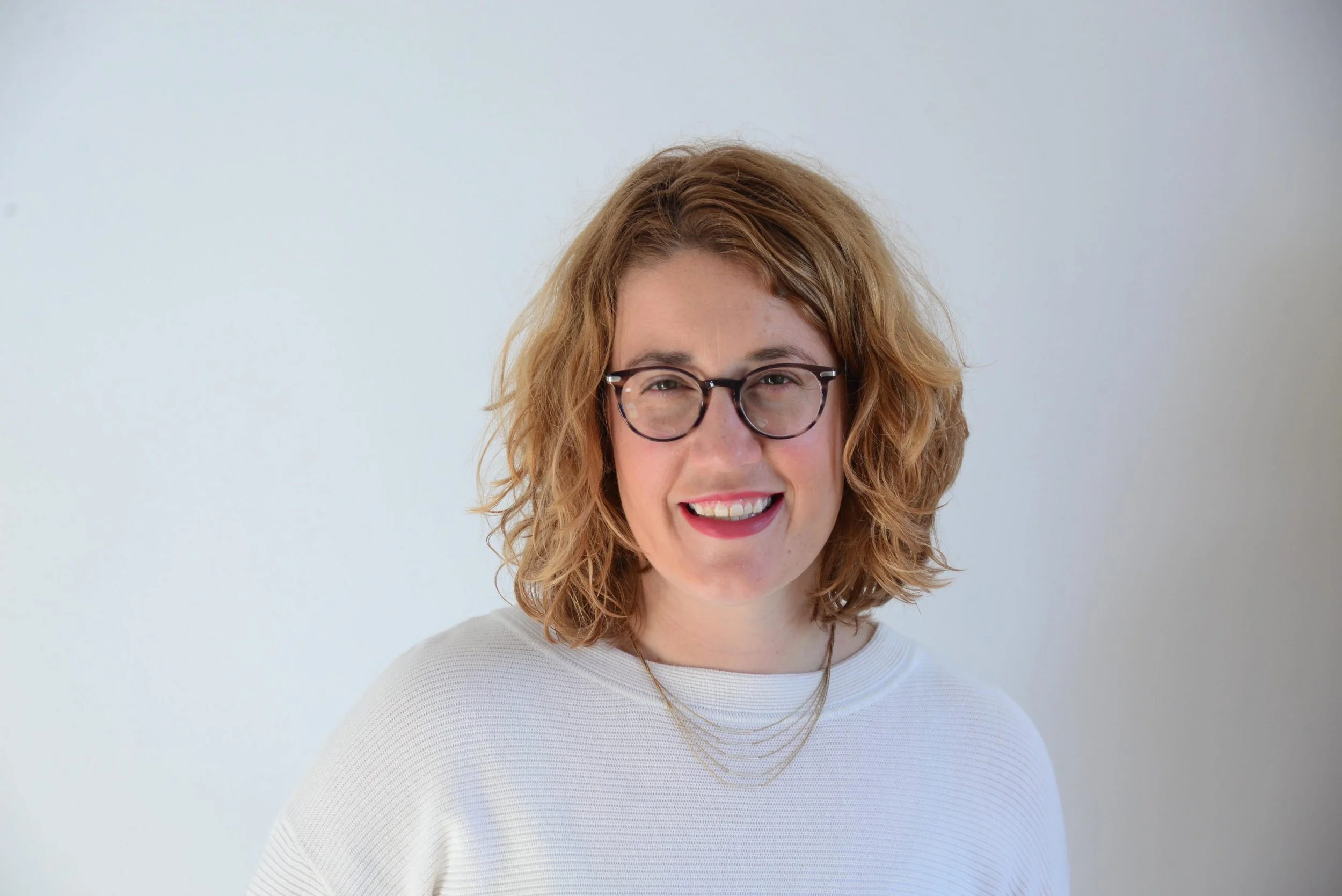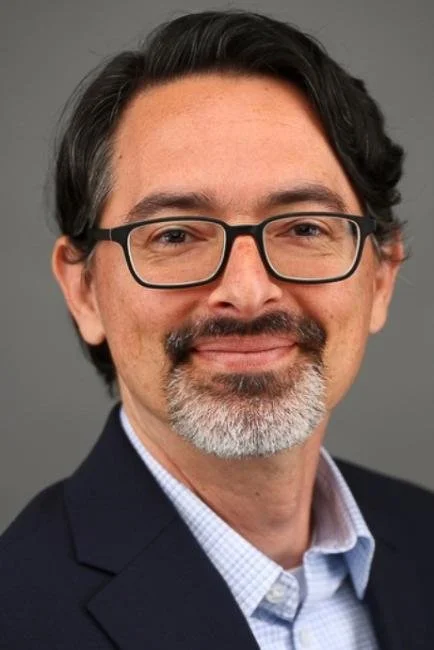Collaborators
Yolande Bouka
Dr. Yolande Bouka (Ph.D. American University) served as a Co-Principal Investigator for Networks of Influence and Support between War and Peace, and Whose Peace? How Local-Global Networks Shape Multilateral Peacebuilding Outcomes. She is an Assistant Professor in the Department of Political Studies at Queen’s University. Her research and teaching focus on gender, African politics and security, political violence, and field research ethics in conflict-affected societies. Her current research is a multi-sited historical and political analysis of female combatants in Southern Africa. Her previous research which is now a book manuscript “In the Shadow of Prison: Power, Identity, and Transitional Justice in Post-Genocide Rwanda” focused on the social and political impacts of the power-laden nature of the Rwandan transitional justice program. Her research has received support from the Fulbright Scholar Program and the American Association of University Women. Prior to joining Queen’s University, she was a Visiting Assistant Professor at the Elliott School of International Affairs at George Washington University, and a Post-Doctoral Fellow at the University of Denver.
Follow her work here.
Jessica Maves Braithwaite
Dr. Jessica Maves Braithwaite served as a Co-Principal Investigator for Networks of Influence and Support between War and Peace, and Whose Peace? How Local-Global Networks Shape Multilateral Peacebuilding Outcomes. She is an Associate Professor of Political Science in the School of Government and Public Policy at the University of Arizona. Her teaching and research interests relate to various dynamics of civil war and nonviolent resistance, with an emphasis on organizational mobilization in contexts of state repression and domestic unrest, as well as civilian experiences during conflict.
Her work has been published or is forthcoming at Journal of Politics, International Studies Quarterly, Journal of Peace Research, Journal of Conflict Resolution, Conflict Management and Peace Science, Research and Politics, Journal of Global and Security Studies, and Terrorism and Political Violence.
Follow her work here.
Caroline Brandt
Dr. Caroline Brandt served as Co-Principal Investigator for Gendered Effects of UN Peacebuilding. She received her Ph.D. in political science from the University of California at Berkeley in 2020. She is a Post-Doctoral Researcher at Uppsala University's Department of Peace and Conflict Research. Previously, she was a Post-Doctoral Fellow at the University of Southern California and the Gallatin Pre-Doctoral Fellow at the Graduate Institute of International and Development Studies (IHEID) in Geneva.
She researches efforts to end civil wars through peace processes or international intervention. Her book manuscript examines how, in civil wars involving more than one rebel group, governments use peace agreements as a counterinsurgency tool to counter rebel groups that remain outside the peace agreement. She also uses computational research techniques to better understand how popular opinion, both domestically and internationally, shapes the likelihood of international intervention.
Follow her work here.
Travis Curtice
Dr. Travis Curtice served as Co-Principal Investigator for Peacebuilding in Challenging Contexts. He is an Assistant Professor of Politics at Drexel University and a faculty affiliate at Drexel University's Center for Public Policy. His work examines the use of police to repress citizens in authoritarian regimes and unconsolidated democracies and the effects of repression on the provision of law and order. He uses diverse methods including survey experiments, field research, qualitative interviews, and cross-national comparisons.
His research has received funding from the Folke Bernadotte Academy, the Abdul Latif Jameel Poverty Action Lab (J-PAL), the U.S. Institute of Peace, the Carter Center, the Institute for Developing Nations, and the Andrew W. Mellon Foundation PhD Interventions Project.
Follow his work here.
Karsten Donnay
Dr. Karsten Donnay served as a Co-Principal Investigator for Receiving or Rejecting Aid: The Influence of Populist Twitter Rhetoric in Aid-Recipient Countries. He is an Assistant Professor of Political Behavior and Digital Media in the Department of Political Science at the University of Zurich, Switzerland, and part of the university’s Digital Society Initiative. Before joining the University of Zurich in April 2020, he was Assistant Professor of Computational Social Science at the Center for Data and Methods in the Department of Politics and Public Administration at the University of Konstanz, Germany. He holds a PhD in Computational Social Science from ETH Zurich and was a postdoctoral researcher at the Graduate Institute Geneva and the University of Maryland.
The main focus of his research group is on the study of digital democracy, i.e., the implications of digital technology for politics and democratic processes. In his projects, he leverages experimental and observational data from digital media, automated text classification using state-of-the-art machine learning approaches as well as surveys and survey experiments.
Follow his work here.
Laura Huber
Dr. Laura Huber served as Co-Principal Investigator for Gendered Effects of UN Peacebuilding. She is an Assistant Professor at the University of Mississippi.
Her research interests include political violence, conflict, gender security sector reform, peacekeeping, terrorism, and development. Her work primarily examines how gender norms influence the character of political violence, the impact of conflict and international intervention of women's rights, female peacekeepers, and gender reform in the security sector. She received my Ph.D in Political Science from Emory University in August 2019.
Follow her work here.
Hillary Matfess
Dr. Hilary Matfess served as a Co-Principal Investigator for Aiding People: Non-State Armed Group Service Delivery and International Aid. She is an Assistant Professor at the Josef Korbel School of International Studies at the University of Denver and holds a PhD in Political Science from Yale University and an MA in International Relations, with a focus on African Studies from Johns Hopkins SAIS. In addition to her work with RIPIL, she is a Council on Foreign Relations Term Fellow and a Senior Associate (non-resident) at the Center for Strategic and International Studies' (CSIS) Africa Program. Hilary’s research is at the intersection of security, gender, and governance, with a focus on sub-Saharan Africa. Her work has been published in International Security, Security Studies, Stability, Studies in Conflict and Terrorism, and African Studies Review. Her first book, Women and the War on Boko Haram was published in 2017. Her second book, In Love and at War: Marriage in Non-state Armed Groups, was published by Cambridge Elements in 2024.
Follow her work here.
Azza Mustafa
Dr. Azza Mustafa served as a Co-Principal Investigator for Whose Peace? How Local-Global Networks Shape Multilateral Peacebuilding Outcomes. Dr. Mustafa is a Senior Advisor on the Sudan team and leads many of the team's activities including the workshops with young women leaders, the Political Accommodation trainings for neighborhood resistance groups, and the engagement with political parties and armed groups.
Dr. Azza is an Assistant Professor in International Relations at the University of Medical Science and Technology in Khartoum, Sudan. She is a member of several civil society organizations which focus on youth and gender perspectives and her main interests include civil society and political parties and gender issues. She conducts Training of Trainers for organizations dealing with civil society development and is a democratic transformation consultant for Life & Peace Institute, the EU, and various national organizations.
Follow her work here.
Guillaume Ndayikengurutse
Dr. Guillaume Ndayikengurutse served as a Co-Principal Investigator for Whose Peace? How Local-Global Networks Shape Multilateral Peacebuilding Outcomes. He holds a PhD in Political Science from the University of Namur in Belgium and is a professor in the Department of Political Science and International Relations at the University of Burundi. His research generally focuses on peacebuilding and democratization in post-conflict areas. He is particularly interested in the work of civil society in the peacebuilding and democratization process in Burundi. In addition, he has been carrying out a series of consultancy projects for the past ten years with local and international actors involved in peacebuilding, democratization, and conflict prevention in Burundi.
His work with local peacebuilding networks has given him in-depth knowledge of the Burundian political context. His fieldwork has led him to meet various actors, both from political parties and civil society and other fields, and allowed him to understand the complexity of the peace consolidation process in Burundi.
Follow his work here.
‘Dapo Oyewole
‘Dapo Oyewole served as a Co-Principal Investigator for The Changing Nature of International Aid. He is a seasoned public policy, development, and global affairs expert with over 20 years of experience across Africa, Europe, and the U.S. He has held senior roles at Palladium Group, McKinsey & Co., and served in advisory positions within Nigeria’s government, focusing on international affairs, donor coordination, and development strategy. ‘Dapo is a respected speaker, author, and media commentator featured on CNN, BBC, and Al Jazeera. He authored Development as Dignity, co-edited by the Aspen Institute, and hosts DapodCast, promoting innovative thinking in policy and development.
Follow his work here.
Andrea Ruggeri
Dr. Andrea Ruggeri served as a Co-Principal Investigator for Peace Operation Data, Analytics, and Action. He is Professor of Political Science and International Relations and Director of the Centre for International Studies at the University of Oxford.
He joined Brasenose College and the Department of Politics an International Relations at the University of Oxford in 2014. Previously, he was Assistant Professor of International Relations at the University of Amsterdam from 2010. His current research deals with civil wars and peacekeeping. His broader research interests include collective political violence, state development, and comparative politics in Africa and Middle East.
His research has been published in the British Journal of Political Science, Comparative Political Studies, International Security, Journal of Conflict Resolution, Journal of Peace Research, International Interactions, International Organization, International Peacekeeping, International Studies Review, Political Geography, Political Science Research & Methods and edited volumes.
Follow his work here.
Santiago Sosa Noreña
Dr. Santiago Sosa served as a Co-Principal Investigator for Whose Peace? How Local-Global Networks Shape Multilateral Peacebuilding Outcomes. He is the Founder and Director of the Latin American Peace Science Society academic network. His research focuses on civil wars and political violence, foreign policy, international relations, and the impact of the private sector on war and peace, particularly in the processes of disarmament, demobilization, and reintegration of ex-combatants.
His work has been published at International Journal of Cross Cultural Management, Political Studies, Rutgers Business Review, The Review of International Organizations, and Colombia International.
Follow his work here.
Haley Swedlund
Dr. Haley J. Swedlund served as a Co-Principal Investigator for The Changing Nature of Aid and as a Co-Principal Investigator for Receiving or Rejecting Aid: The Influence of Populist Twitter Rhetoric in Aid-Recipient Countries. She is an Associate Professor at the Centre for International Conflict Analysis and Management in the Department of Political Science at Radboud University in the Netherlands. Her research is situated at the intersection of international political economy, development, and conflict studies. Haley writes and conducts research on a number of topics, including foreign aid and development, ethnic conflict and violence, Sino-Africa relations, and diplomacy and engagement after sudden regime change.
Her book, The Development Dance: How Donors and Recipients Negotiate the Delivery of Foreign Aid, was published by Cornell University Press in 2017. She is currently finalizing the book manuscript, Aid in Conflict, together with Susanna Campbell and Michael Findley.
Follow her work here.
Rob Williams
Dr. Rob Williams a data scientist applying machine learning tools and causal inference techniques to remote sensing data. He is an affiliated researcher with the Data-driven Analysis of Peace Project and a research collaborator with RIPIL.
He earned my PhD in Political Science from the University of North Carolina at Chapel Hill and his BA in Political Science from Haverford College. His academic work has been published in the American Political Science Review, International Studies Quarterly, Conflict Management and Peace Science, and Political Science Research and Methods, among other outlets. This research explores the causes and consequences of political violence using a broad variety of methods such as latent variable models, geospatial analysis, and big data. He has taught quantitative methodology and international relations, and is a certified instructor with The Carpentries.
Follow his work here.
Joe Young
Dr. Joseph K. Young served as the Associate Director of RIPIL and is the Principal Investigator for Hidden Costs of Security. He is a Professor at the University of Kentucky and Director of the Patterson School of Diplomacy and International Commerce. His cross-disciplinary research on the causes and consequences of political violence has been published in numerous academic journals such as International Studies Quarterly and The Oxford Handbook of Terrorism.
Some of his research was supported by the National Consortium for the Study of Terrorism and Responses to Terrorism START, where he is an Investigator and Research Affiliate. His current research is supported by NCITE and the National Science Foundation.
Follow his work here.
Hatem Zayed
Dr. Hatem Zayed served as a Co-Principal Investigator for Whose Peace? How Local-Global Networks Shape Multilateral Peacebuilding Outcomes.
He completed his PhD in International Relations from the School of International Service (SIS) at American University in July 2023. His dissertation research explored how Egyptian Nonprofit Organizations adapt to shrinking civic space, and specifically how their funding model impacts the ways in which they navigate restrictive government policies.
Before starting his PhD, Hatem worked in several national and international NGOs in the human rights and development space in Egypt. He currently supports teams in the World Bank's Social Development Global Practice on areas that relate to youth inclusion, civil society engagement, and anti-racism practices.
Follow his work here.

